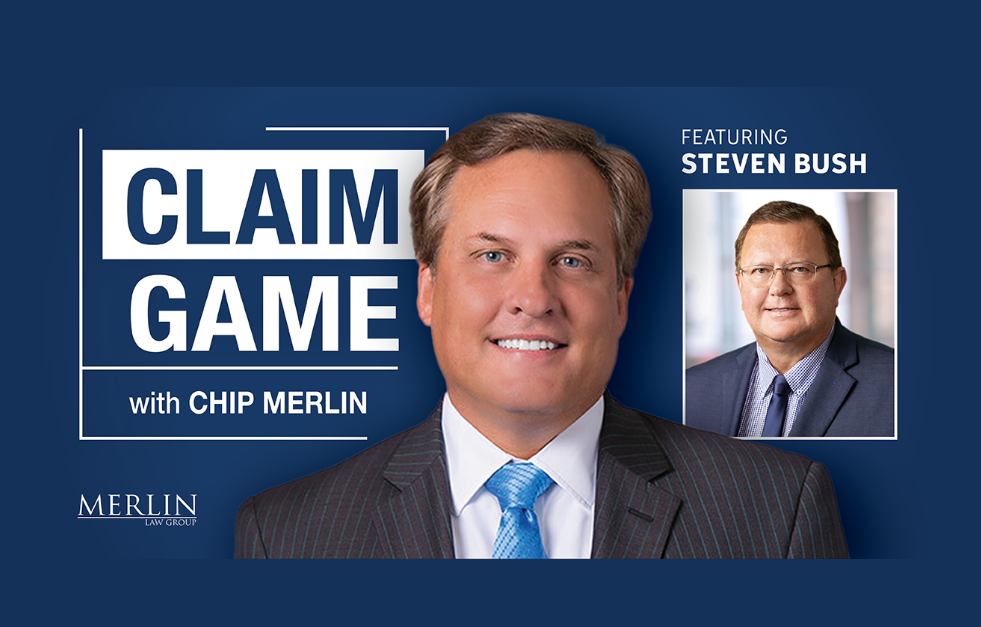Some in the insurance industry may read my blog and believe that I am on a crusade against the insurance industry. That is absolutely false. I love insurance. I get upset when insurers violate their good faith duties to customers–probably the vast majority from any perspective do too.
I wrote in response to a comment in The Value of Networking and Sharing Insurance Claim Information:
"The truth is that there are many fine and outstanding adjusters that do a fantastic job getting money to policyholders. The problem in my line of business is that I never hear of those stories because my clients have claim problems."
I have watched hundreds of hours of insurance training videos from various major insurance companies such as State Farm, Allstate, Nationwide, and GEICO. Our library is full of insurance claims manuals and training guides. Most of this training is excellent and teach principles of good faith. The public rarely gets to see this. The attorneys in my firm see it because it is our job to question what is taught and learn what is being done in the field.
I often talk with adjusters on cases before litigation–especially when corporations retain us to consult and help prepare their insurance claim with public insurance adjusters. Most of the adjusters are fairly well meaning individuals, but the adjusters in the field always seem to report to managers. Much of an insurance adjuster’s claims attitude is determined by the culture and attitude of the claims supervisors. With some notorious exceptions, the attitudes and cultures are usually not in the training videos.
In those commercial losses where we are retained before the need for a lawsuit arises, the dialog becomes somewhat strained as we point out various benefits the insurance product can pay to help reduce the impact of the loss to the corporation. The adjusters seem bewildered because most of the time, they control their conversations with less knowledgeable and experienced policyholders. Even corporate risk managers and loss consultants rarely understand the full benefits available under a policy and leave millions on the table. Usually, after discussion and delay, the field adjuster gets approval for our view of the loss and the adjustment moves on with far greater payment.
The bottom line is that, from the policyholder perspective, there seems to be very little attitude from the insurance claims management to train field adjusters to use the insurance product to soften the financial blow as much as fairly possible. There seems to be little direction from managements to field adjusters to inform policyholders of information which would reduce their loss. If the training and attitude were otherwise, I probably would not have a job in this field of law.
Assuming that insurance claims management really does want its adjusters to help customers as much as the insurance policy allows, training adjusters to understand the product from the customer’s viewpoint is paramount. An example is Factory Mutual, where they specifically train their adjusters in the industry for which the insurance product is written. However, the vast training is not that way. Dimechimes recently explained in its Blog:
"I have been following consumer advocate attorney, Chip Merlin’s blogs since Hurricane Katrina. Rather than present blogs from an “ambulance chaser” perspective, I have watched him try to educate consumers about coverage issues and warn them about looming statute of limitations coming, for instance in MS post Katrina.
While it may be strange to study from free information from an insured plaintiff trial attorney website and standpoint, I have found it quite educational. Just don’t wear your feelings on your sleeve when you view his blogs as there are comments you may not agree with from an adjuster, adjusting firm, or insurance company standpoint.
……
The value I have found in viewing his blogs (there are several on his law firm site at www.merlinlawgroup.com ) is the fact that first he has an insurance defense background prior to becoming a consumer advocate trial lawyer so he knows both sides of the fence. Second, he posts links to active cases involving current claim litigation with links to important court documents we can learn from. I often link to his blog posts on this adjuster information blog when training new adjusters on Bad Faith as he has many great postings and articles there on the subject as well as other issues we need to know about."
So, for all the company and independent adjusters that read this, I understand that it is tough to hear criticism. Many of my clients never read their insurance policies before the loss happens. When they try to read it, they do not fully understand what it says. They certainly do not know how to use it to soften the financial loss they have suffered and how to measure the loss for complete indemnity. You have an important and demanding job to get them paid fully and quickly. They are in your hands.



